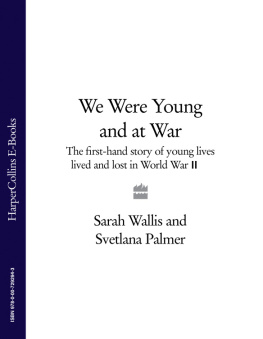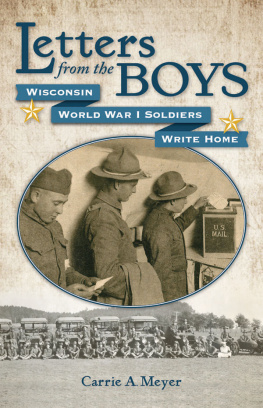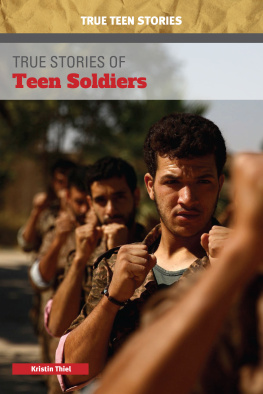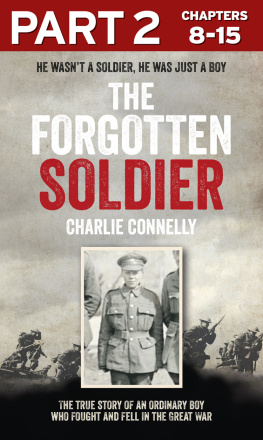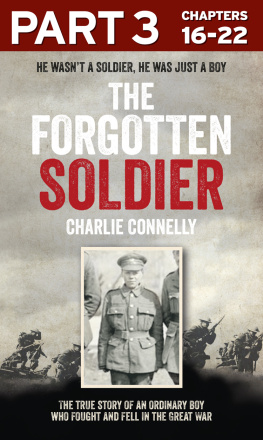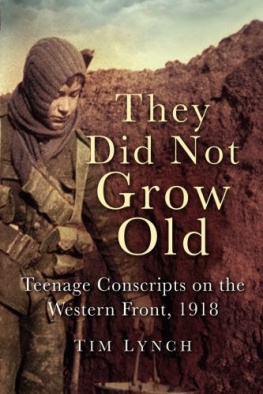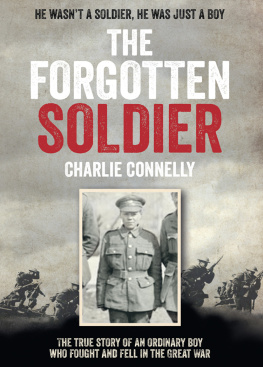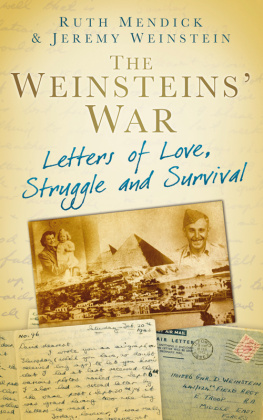CHAPTER ONE
The German Invasion of Poland
September-October 1939
Well see what will happen to me
T hroughout the summer of 1939 governments across Europe hoped war could be prevented, or at least delayed. Though France and Britain did not respond when Hitler annexed Austria in March 1938 and Czech Sudetenland in September, they drew a line at Hitlers claims on Poland. Hoping their alliance would serve as a deterrent, the two countries promised to come to Polands aid if Germany invaded. Their calculation was proved wrong. At 4:45 a.m. on 1 September 1939, 1.5 million German soldiers and 2,700 tanks began to cross Polish borders.
Having regained its independence at the end of the First World War, Poland was a lasting symbol of Germanys humiliating defeat and territorial losses incurred as a result of the 1919 Versailles Peace Treaty. For nearly twenty years Poland had been home to 700,000 ethnic Germans, but animosity was rife, intensified when thousands of Germans were forcibly moved inland in the run up to the war, lest they assist the invader. Now Hitler urged his commanders to liberate their fellow Aryans and send every man, woman and child of Polish descent and language to their deaths, without pity or remorse. Once conquered, Poland would be depopulated and resettled with the pure Aryan master race.
A country made up of many ethnic minorities, Poland was also home to 3 million Jews, the largest Jewish community in Europe. On receiving news of the German invasion, thousands fled their homes, aware of Hitlers threats to annihilate the Jewish race in Europe. While his neighbours fled, fifteen-year-old Polish Jewish teenager Dawid Sierakowiak and his family decided to stay put in their home town of d in central Poland. With no savings to pay for any means of escape, and unsure which way to go, they decided to face their fate in the city.
Sixteen-year-old Polish teenager Edward Niesobski, from the small border town of Ostrw in western Poland, knew war was imminent. As a member of the Polish Scout Movement, which promoted the nations independent spirit among the young, Edward had been undergoing regular paramilitary training for months, expecting to defend his country when the time came.
Dawid Sierakowiak recorded his thoughts and experiences in a diary he had started earlier that summer, but Edward Niesobski began to write only on the day of the German invasion itself. While waiting for instructions from his scout leader on the plan of action and his own role, Edward recorded the stark contrast between his romantic image of war and the actual events on the day.
1 September 1939
Weve been expecting something big to happen all week. People have been gathering in groups all over town, talking; reservists have been called up; soldiers have been confiscating horses and cars. We are not going to let the enemy take us without a fight. Our scout group has been on full alert too. On Wednesday afternoon posters were put up, warning citizens to make sure theyre fully prepared. Mobilization began on Thursday. My mother and siblings have already left the city, but Im staying here with my dad. A siren went off at about 5 a.m. this morning; then came the air raids. It has started. The Germans are trying to take over our Pozna province, Silesia and Pomerania. The whole country is rising up as one today to fight them.
German planes are circling in the sky like black hawks. Their drone is the voice of death. This morning I saw large groups of people crossing over from the other side of the border. They said theyd been attacked last night by their German neighbours! Thats why they left their homes and came over to our side of the border, some of them only half-dressed. Some are on bikes, others on horses and carts loaded with their most precious possessions. Im not all that surprised some people who live along the border are now declaring that they are German. Everyone has the right to say who they are, and if youre German, youre German. But the thing is, these are the same Germans whove been eating our bread for the past 20 years, who have lived in our country all this time. They tried to stop us from rebuilding Poland after the last war, and now theyre aiming guns at our chests, guns that theyve kept hidden all this time. Well we, the Polish people, are not going to forgive them. They must have had so much anger inside. But Im not afraid of war because I believe we are going to win and I believe that after a thousand years of fighting with our worst Western enemy we are going to destroy them, once and for all. The Germans wont spit in our face, and they wont make our children German, as the song goes. No longer shall our brothers on the other side of the border live in pain under the German yoke. So I am actually very happy.
The entire Ostrw administration has been evacuated by train. Most people have left too. Our army is moving to new positions. It looks like Ostrw is going to be surrendered without a fight. Im not really worried about it though, I am sure it must be part of our military plan
Its the afternoon now and I have packed most of my things, just in case. I didnt want to leave the city at first, but as soon as Dad got back he got all his stuff together, even his fishing rod, and convinced me that we should catch the last train.
I know well never give up, however hard things get. Even so, what happened next made me wonder. In the evening, people were no longer just leaving, they were running for their lives. Around 11 p.m. all remaining soldiers started to retreat, blowing up every bridge behind them. People are fleeing with no idea where they are going. Were told to run away, but where to, and why?

